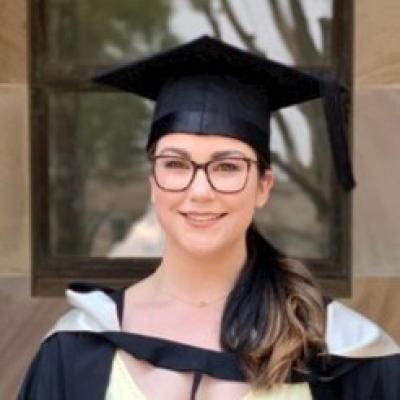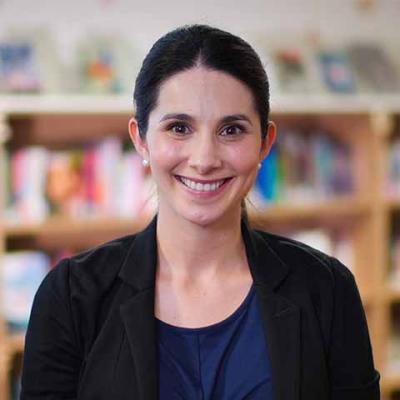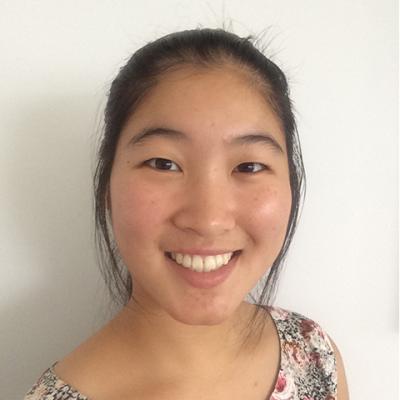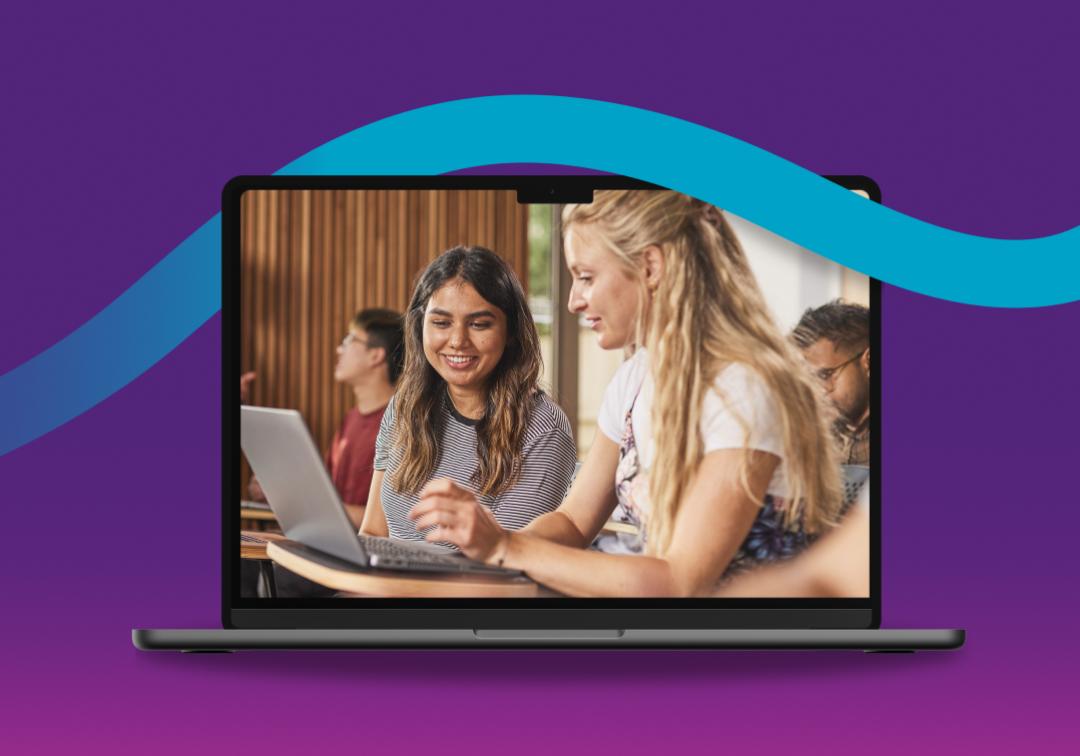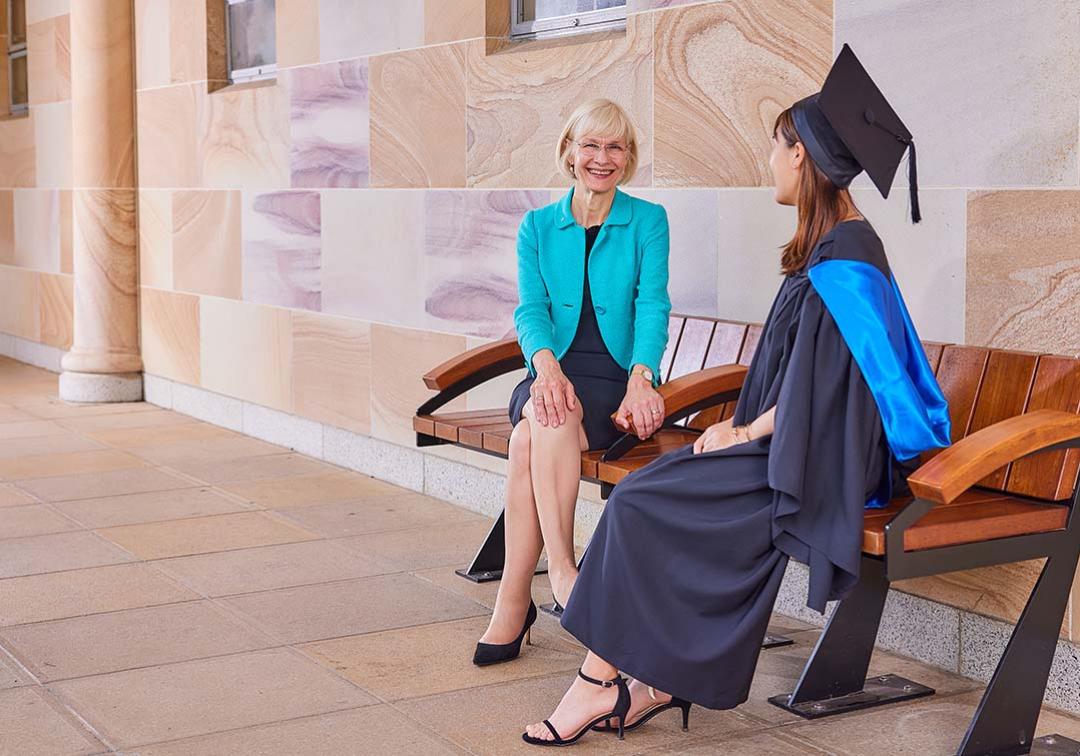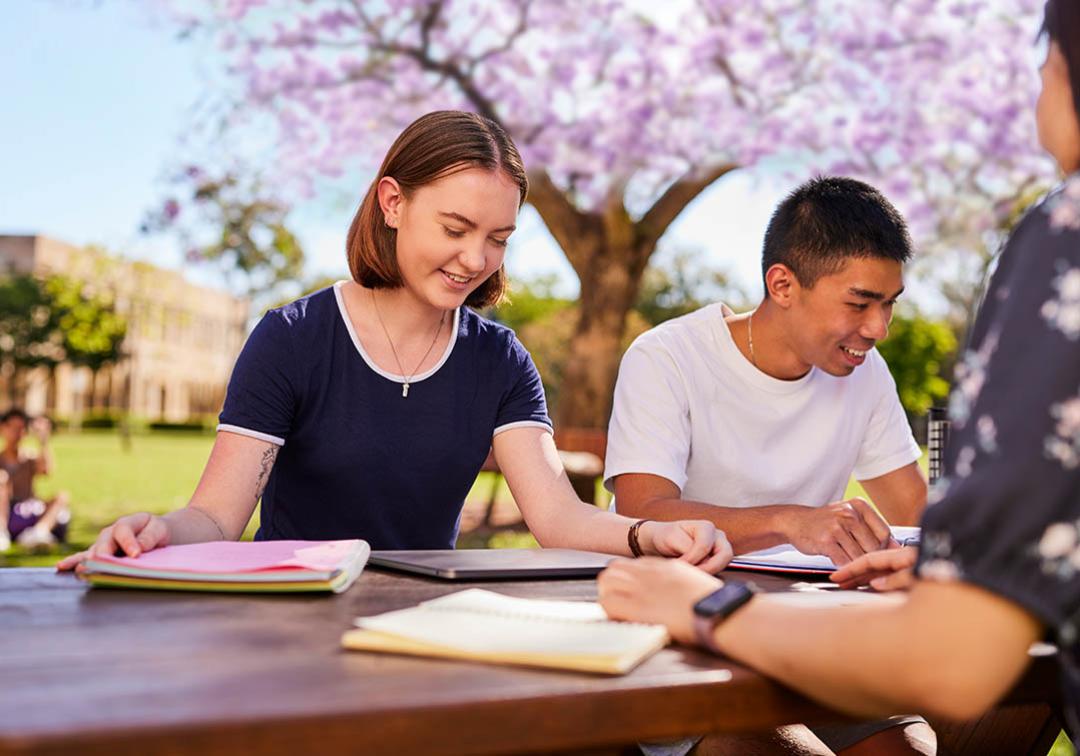
Bachelor of Education (Primary)
Overview
Be at the forefront of shaping new generations as you introduce young minds to a wealth of knowledge about science, societies, maths, history and the beauty of music and art.
As a primary school teacher, you'll encourage children’s curiosity and inspire their inquisitive minds. The Bachelor of Education (Primary) draws on the latest educational research in combining university study with practical school-based learning. It develops skills relating to literacy and numeracy, diversity and differentiated learning, leadership and research, and effective educational uses of information and communication technologies.
Choose one of four minors to further develop your content knowledge: English and Literacy, Humanities and Social Sciences, Mathematics and Numeracy, or Science.
Supervised classroom placement commences in the first year and in your final year you'll undertake a professional experience placement, where you take full responsibility for teaching a class with minimal input from your teacher or mentor.
Studying the Bachelor of Education (Primary) will give you expertise in the Arts, English, Health and Physical Education, Humanities and Social Sciences, Mathematics, Science and Technologies.
Program highlights
- Get early experience in classrooms. Spend 10 days in a school in your first year, where you'll observe and provide hands-on help.
- Learn from the best. World-renowned educators will teach you flexible and creative ways to cater for the diverse learning needs of children.
- Study with a smaller cohort and build a support network and strong friendships with your peers.
- Cover all aspects of the Australian Curriculum while developing vital knowledge about teaching and learning, child development, diversity and inclusion, and Indigenous education.
How you'll learn
Your learning experiences are designed to best suit the learning outcomes of the courses you choose.
- Lectures
- Tutorials
- Work placements
- Research experience
- Fieldwork
- Workshops
Placements and work experience
What you'll study
At UQ, degrees are called 'programs' and subjects are called 'courses'. Here's a sample of the courses you could study in this program:
- A Sociological Orientation to Education
- Early Years Curriculum and Pedagogical Foundations
- Mathematics and Numeracy for Quality Teaching in the Primary Years
- Learning and Development for Educators
Career possibilities
Our programs prepare you for your first job and beyond. Here are some of the careers you could be on your way to:
- Primary school teacher
- Education assistant
- Learning enhancement teacher
- Distance education teacher
- Curriculum planner
- Pedagogy leader
Next steps after graduation
You’ll be eligible to apply for registration as a teacher with the Queensland College of Teachers, and to work as a primary school teacher in state and independent schools in Australia and worldwide. 96% of our graduates are offered teaching jobs.
Further study and experience can lead to roles as a head of department, principal, guidance officer, learning support teacher or student adviser.
Other graduates choose to work with non-school-based education providers (such as tutoring companies), government agencies or education advocacy organisations.
Professional memberships
When you graduate, you may be eligible for memberships with the following professional organisations. Contact the organisation to find out how to become a member.
- Queensland College of Teachers
Professional registration
When you graduate, you may be eligible for registration with the following professional organisations. Contact the organisation to find out how to register.
- Queensland College Of Teachers
Program accreditation
The Bachelor of Education (Primary) is accredited by:
- Australian Institute For Teaching And School Leadership
Events
See all events
15 December
Postgraduate educational studies information webinar
Stories
See all stories
Careers
Considering a career change from teaching?
5-minute read
Stories
See all stories
UQ people
Education without borders: Claudia’s vision for inclusive education starts at UQ
2-minute read

Careers
Considering a career change from teaching?
5-minute read
Entry requirements
Prerequisites
- General English subject (Units 3 & 4, C); and
- one of General Mathematics, Mathematical Methods or Specialist Mathematics (Units 3 & 4, C).
Prerequisites
- General English subject (Units 3 & 4, C); and
- one of General Mathematics, Mathematical Methods or Specialist Mathematics (Units 3 & 4, C).
Entry score threshold
| ATAR / Rank | IB |
|---|---|
| 75 | 28.25 |
These are the lowest adjusted scores we made an offer to in Semester 1, 2025. Entry scores are based on the most recent Semester 1 intake and are updated in April each year. Meeting the entry score threshold doesn't guarantee admission.
Guarantee your place at UQ: If you meet our guaranteed minimum ATAR you could secure an offer for your preferred program.
English language requirements
IELTS score of 7.5 overall; speaking 8; listening 8, reading 7, writing 7. For other English Language Proficiency Tests and Scores approved for UQ.
TOEFL iBT (Paper Edition), PTE Academic, BE, CES, and OET are not accepted.
There are other ways to meet the English language requirements. For some programs, additional conditions apply.
Inherent requirements
To complete this degree, you have to meet its inherent requirements by demonstrating essential skills and attributes. Read the inherent requirements before you apply.
Student visas
International students who are accepted into full-time study in the Bachelor of Education (Primary) are eligible to apply for an Australian student visa (subclass 500).
There are a number of requirements you must satisfy before a visa is granted, including the Genuine Student (GS) requirement.
Entry score range
This table shows the range of entry scores for recent secondary students offered a place in the B Education (Primary) for Semester 1, 2025
| Without adjustments | With adjustments | |
|---|---|---|
| Highest | 98.25 | 99.95 |
| Median | 84.95 | 85.9 |
| Lowest | 73.55 | 75.05 |
Who you'll study with
Here's a snapshot of our student intake for this program in Semester 1, 2025:
| Applicant background | Number of students | Percentage of all students |
|---|---|---|
(A) Higher education study | 26 | 27.7% |
(B) Vocational Education and Training (VET) study | 6 | 6.4% |
(C) Work and life experience | <5 | <5 |
| (D) Recent secondary education | ||
| 58 | 61.7% |
| 0 | 0% |
| 0 | 0% |
International students | <5 | <5 |
Total | 94 | 100% |
"<5" — The number of students is less than 5.
N/A — Students not accepted in this category.
N/P — Not published. The number is hidden to protect the privacy of students in other cells.
Need help meeting the entry requirements?
Additional application information
All students are required to successfully meet the Literacy and Numeracy Test for Initial Teacher Education (LANTITE) standards prior to graduation. Please contact the School of Education for further details (education@uq.edu.au) or visit the School of Education office. For more information on the test including sample tests, indicative fees, testing institutions and registration information, please visit the School of Education LANTITE website and the Australian Council for Educational Research (ACER) website.
Additional application information
All students are required to successfully meet the Literacy and Numeracy Test for Initial Teacher Education (LANTITE) standards prior to graduation. Please contact the School of Education for further details (education@uq.edu.au) or visit the School of Education office. For more information on the test including sample tests, indicative fees, testing institutions and registration information, please visit the School of Education LANTITE website and the Australian Council for Educational Research (ACER) website.
Fees and Scholarships
Indicative annual fee
Approximate yearly cost of tuition (16 units). Your fees will vary according to your selected courses and study load. Fees are reviewed each year and may increase.
$5,625
2026
Approximate yearly cost of tuition (16 units). Your fees will vary according to your study load. Fees are reviewed each year and may increase.
AUD $45,792
2026
Additional costs
- There may be additional course costs associated with travel or materials.
- Books, technical notes etc (approx $150)
- Consumables, paper, pens etc (approx $100-200)
- Students are expected to fund travel and living expenses associated with placements, some of which may be outside the Brisbane metropolitan area.
- All students are required to successfully meet the Literacy and Numeracy Test for Initial Teacher Education (LANTITE) standards prior to graduation.
- Students are responsible for the cost of the LANTITE (approximately $196 or $98 per test). ACER website (https://teacheredtest.acer.edu.au) lists current fees.
- Please contact the School of Education for further details (education@uq.edu.au) or visit the School of Education office.
- For more information on the LANTITE tests, including sample tests and registration information, please visit the Australian Council for Educational Research website: https://teacheredtest.acer.edu.au
- Students are responsible for the cost of transportation and accommodation to attend residential schools or practicals.
Government assistance
Financial aid
As an international student, you might be eligible for financial aid – either from your home country, or from the Australian Government.
HECS-HELP
Domestic places in the Bachelor of Education (Primary) are Commonwealth supported, as long as you meet all Commonwealth supported place eligibility requirements.
This means the cost of your education is shared between you and the Australian Government. Instead of tuition fees, Commonwealth supported students pay what are called student contribution amounts.
If you have a Commonwealth supported place, you may also be eligible for HECS-HELP. This is an Australian Government loan scheme to assist eligible students with the cost of their student contribution amounts.
Centrelink support
The Australian Government offers a number of income-support payments to eligible Australian university students.
Scholarships
You may be eligible for more than 100 scholarships, including:
How to apply
Applying online
If your senior schooling is from outside Australia, you can submit your application to UQ. Or, if you prefer, you can use an approved UQ agent near you.
The program code for the Bachelor of Education (Primary) is 2306.
How to apply for undergraduate study
If your senior schooling is from Australia
Submit your application to the Queensland Tertiary Admissions Centre if you're an international student who is currently studying:
- Australian Year 12 (in Australia or another country), or
- the International Baccalaureate in Australia.
The QTAC code for the Bachelor of Education (Primary) is 742401.
Applying through QTAC
All domestic applications should be submitted to the Queensland Tertiary Admissions Centre (QTAC).
The QTAC code for the Bachelor of Education (Primary) is 742401.
Important dates
If you’re studying Year 12 in Australia, go to the QTAC website to check the closing date for this program.
If you’re applying to UQ, the closing date for this program is:
- To commence study in semester 1 - November 30 of the previous year.
Visa processing times vary. Apply and accept your offer as early as you can.
To learn more about UQ dates, including semester start dates, view the Academic Calendar.
Important dates
To check the closing date for this program, go to the QTAC website.
To learn more about UQ dates, including semester start dates, view the Academic Calendar.
Admissions schemes
Applying to university can be both exciting and daunting, which is why we’ve tried to make the process as simple as we can.
We have several schemes in place to improve your chances of getting a place at UQ.
Pathway options
A rank or score doesn’t determine your potential.
If you're not offered a place in your first-choice program – or if you don't meet the entry requirements – you still have a number of options.
Aboriginal and Torres Strait Islander applicants
For support with applying – or if you have any questions about university life – get in touch with our Aboriginal and Torres Strait Islander Studies (ATSIS) Unit.
Explore other programs
Express yourself. And your interest.
They say choosing a degree is hard, which is why we've made it easy. Register your interest and we'll send you everything you need to know about applying to UQ.


